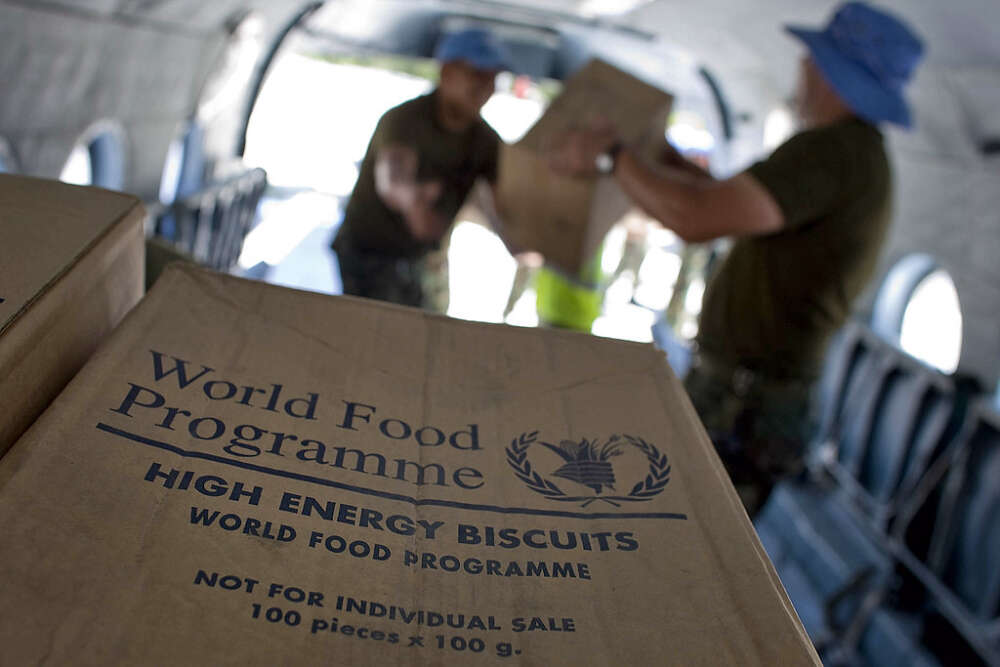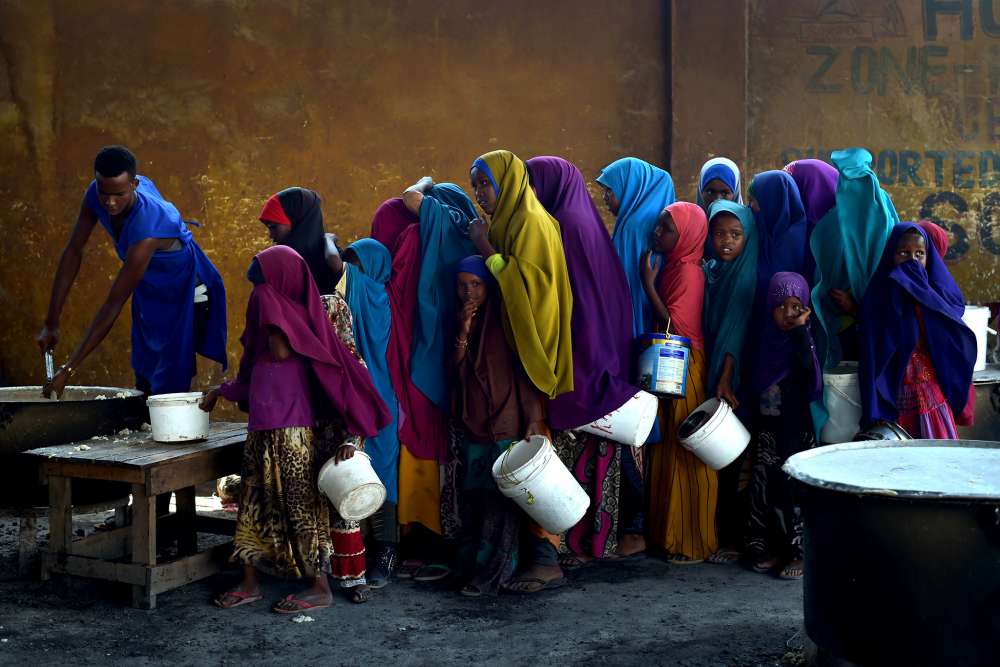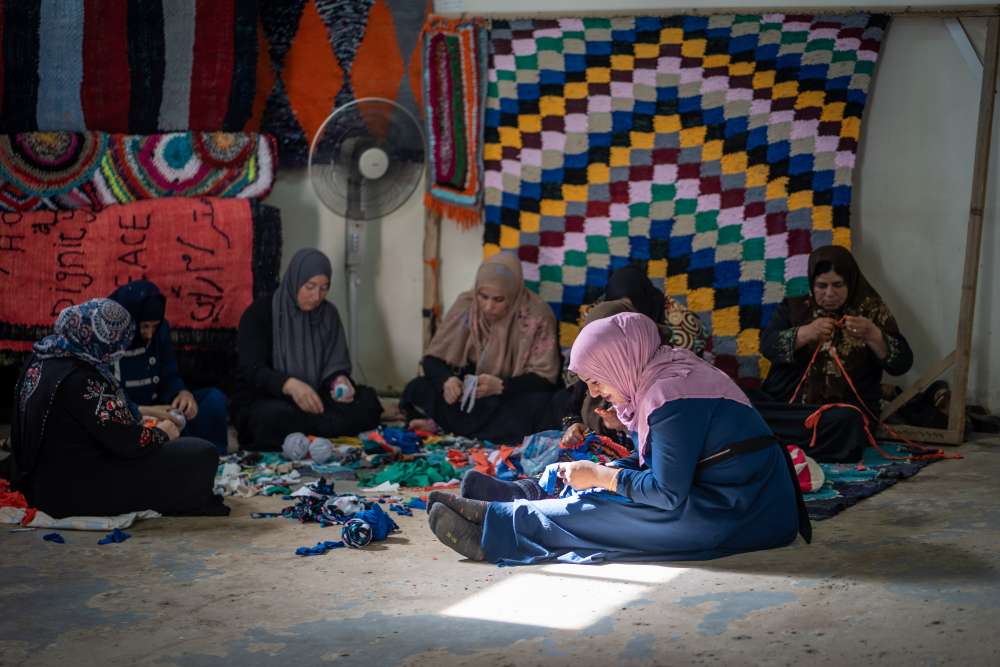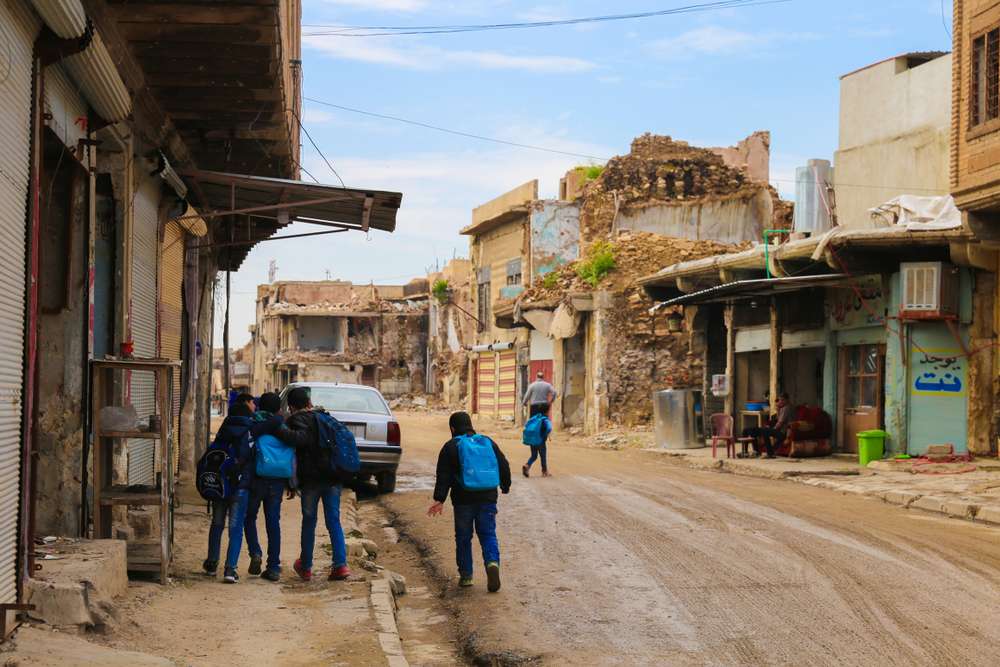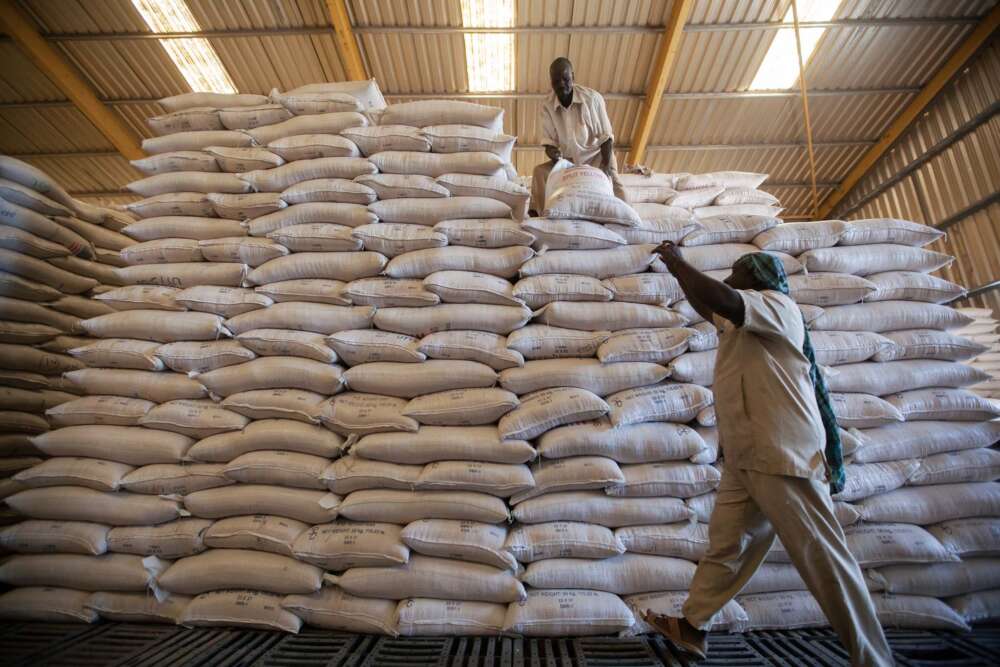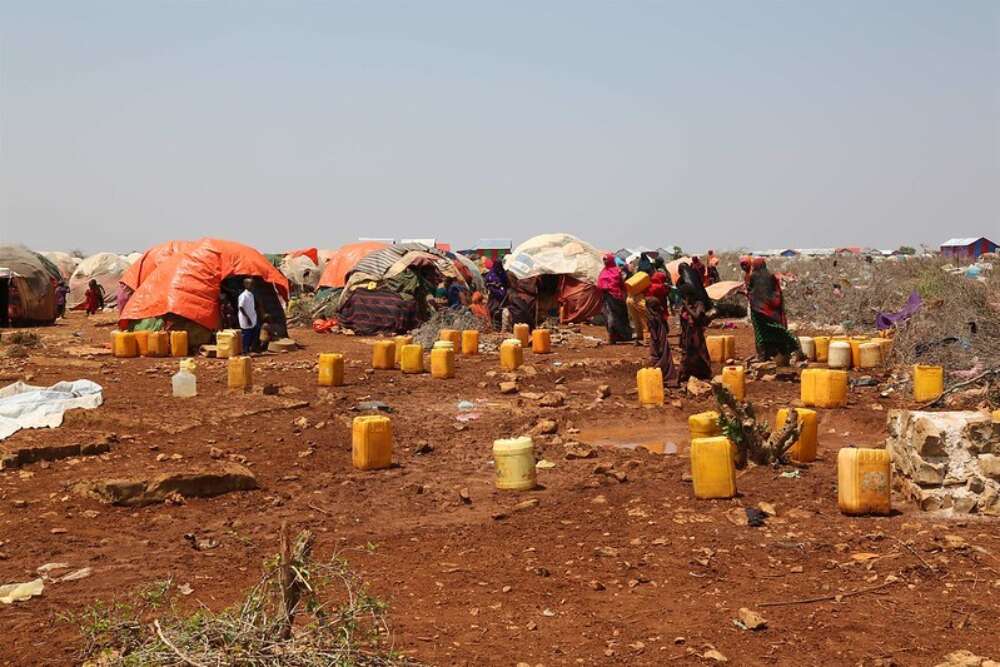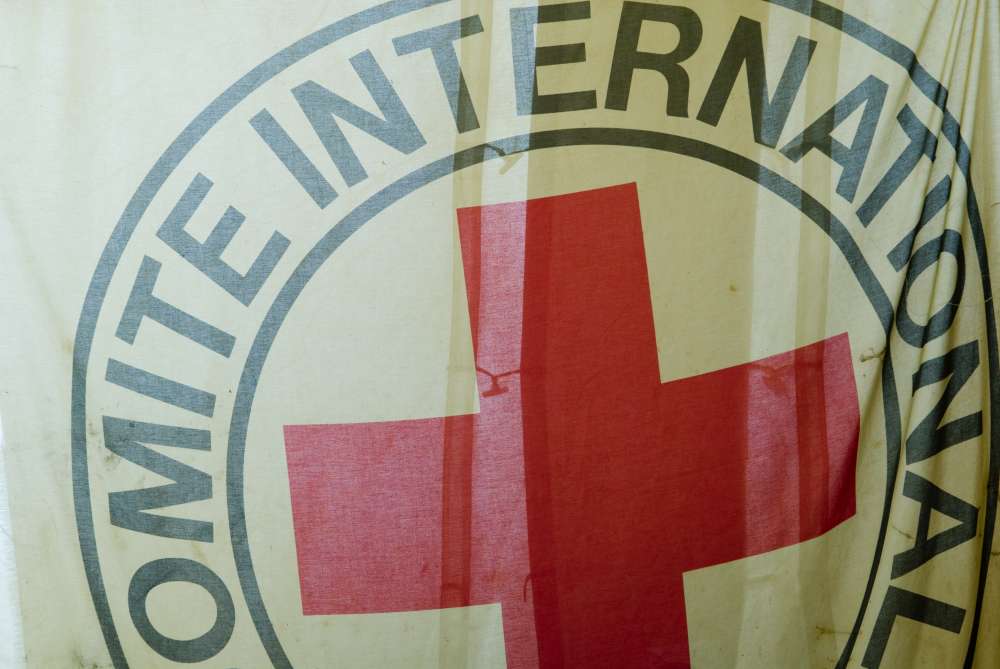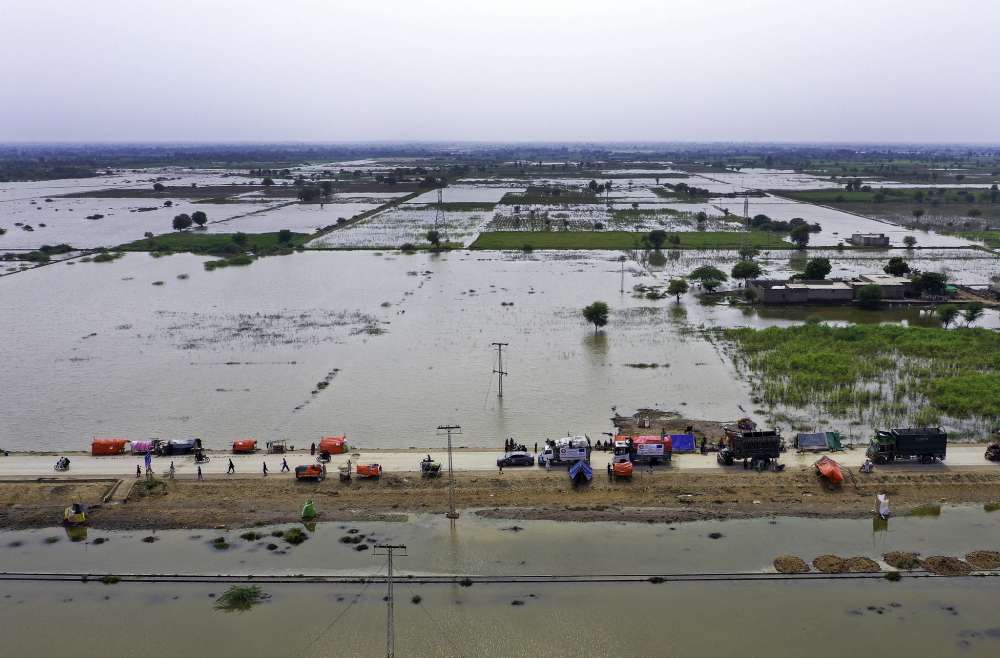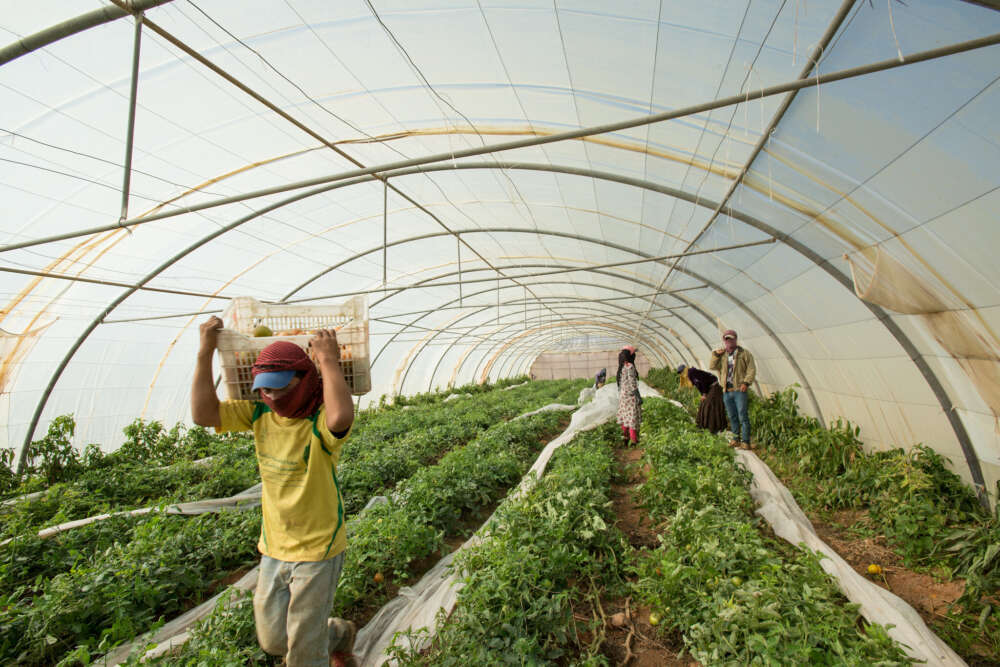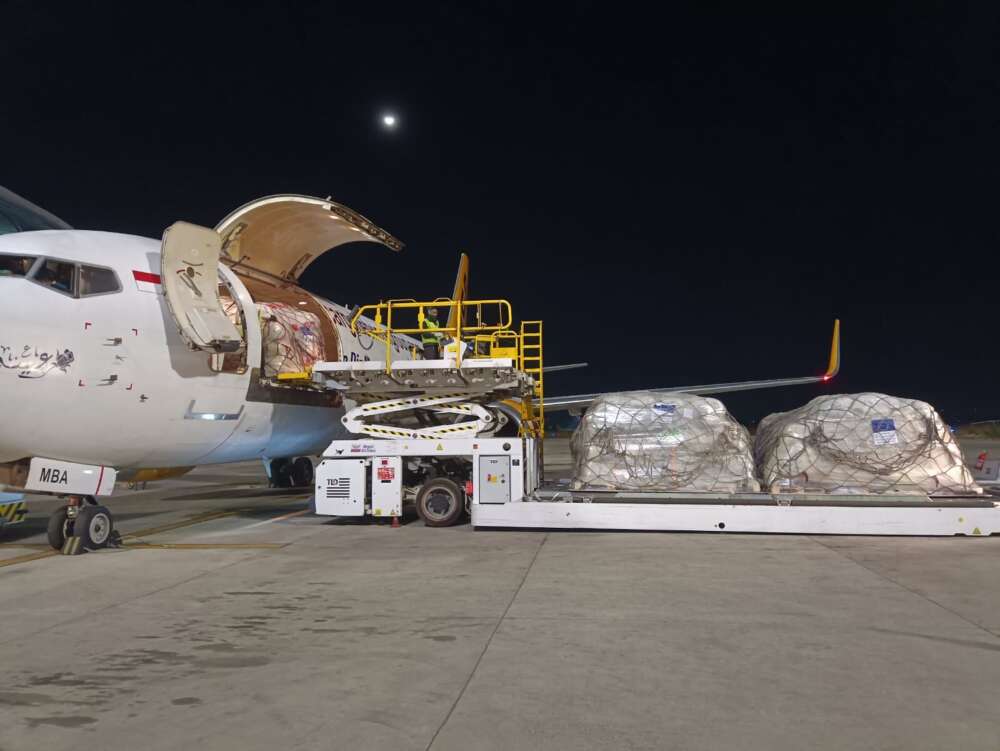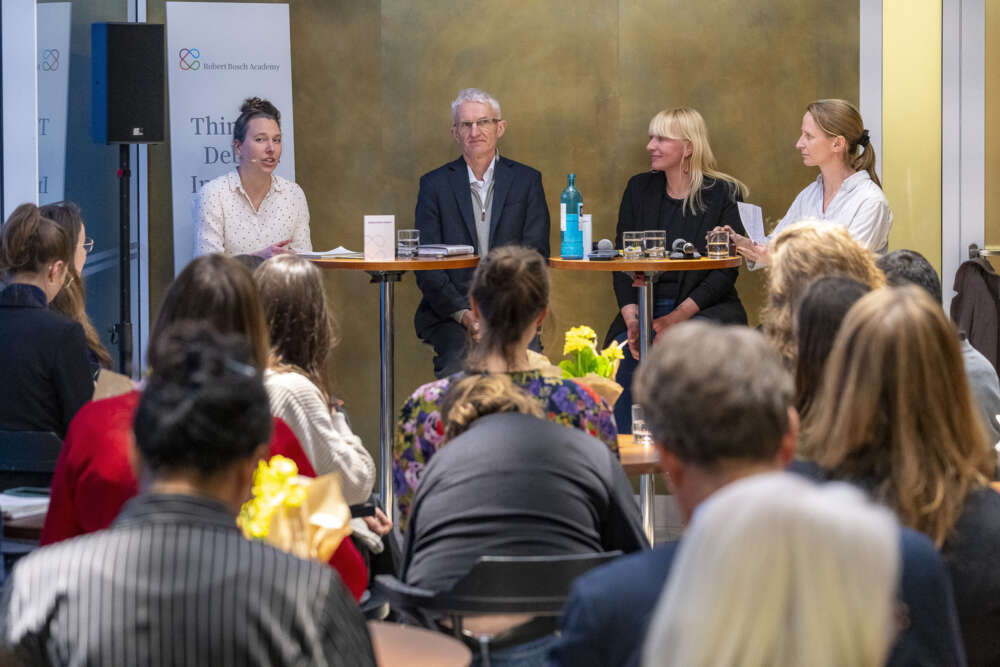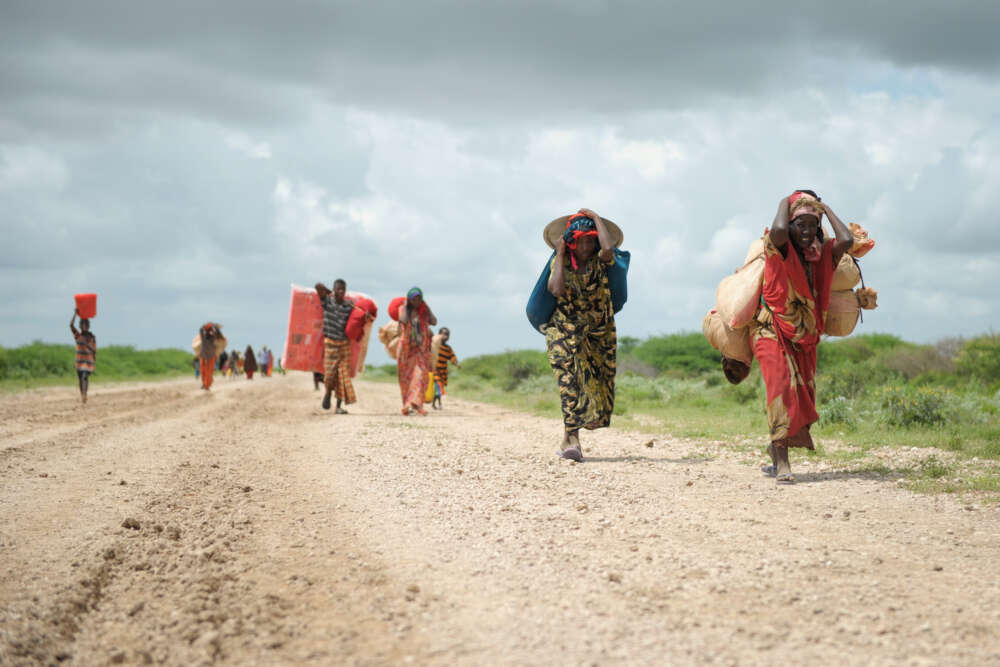Humanitarian Action
GPPi contributes research and advice to support a sustainable, effective and accountable humanitarian system. We help organizations in their quest to maintain a focus on people in need when navigating complex crises – all the while, coping with less funding and more bureaucratic demands. We ask what it takes to deal with insecurity, while maintaining a principled approach. We accompany organizations through reform processes, providing sober analyses of actors, interests, opportunities, and barriers. We explore approaches to reducing aid dependency and examine how humanitarian actors can prepare for crisis, by readying themselves to anticipate humanitarian emergencies and be able to act.
Select Engagements
Evaluation: WFP’s Approach to Targeting and Prioritization
With dramatically diminishing resources, humanitarian organizations like the World Food Programme have to make tough decisions about whom to assist, how long to provide support and what activities to prioritize. We evaluated the WFP’s approaches to ‘targeting’ and ‘prioritization’ for food and nutrition assistance.
Evaluation: The International Response to the Humanitarian Crisis in Somalia
Over the past decade, Somalia has faced continuous droughts, with the incredibly severe 2021 – 2023 droughts compounding the effects of previous crises. In this project, we analyze the international response launched in response to this ever-worsening humanitarian crisis.
Evaluation: UNHCR and Humanitarian-Development Cooperation
We took stock of UNHCR’s level of cooperation with development actors, assessing the effects of this cooperation, and supporting UNHCR in refining its strategy and operational approach.
Research: Protecting Civilians from Harm
The aim of this project is to strengthen the protection of civilians by finding out how protection actors attempt to influence armies and non-state armed groups to keep civilian populations safe.
Past Event: How to Make Evidence Stick
More than ever, the current moment of shrinking resources and shifting priorities in the aid system prompts the question: How do we make evidence stick? In October, we hosted a panel at the ISDC-led Fragile Lives conference, discussing pathways to ensure insights (from research, evaluations, and field experience) get turned into action and don’t remain confined to complex technical reports.
Featured Publications
Who Gets Aid in a Resource-Constrained Environment
Serving more people facing food insecurity with an increasingly shrinking budget, the World Food Programme (WFP) has to make tough decisions about who receives aid and who does not. This evaluation examines WFP’s approaches to targeting and prioritization for food and nutrition assistance and tracks whether these approaches indeed help WFP reach those most in need.
A Humanitarian Reset Has Started: It’s Time to Act on What We Already Know
Evaluations show that, despite warranted criticism, the humanitarian system works. Decades of systematically collected evidence in the UN-led humanitarian system provide concrete suggestions for change. Now is the time to implement them.
Evaluation of ICRC’s Athens Delegation 2016-2024
After 10 years of presence in Greece, the International Committee of the Red Cross (ICRC) Athens Delegation will close by the end of 2024. GPPi has conducted an independent evaluation of the mission.
2023 Stocktake for the Risk-Informed Early Action Partnership
How close is the partnership to its 2025 goal of “making 1 billion people safer from disaster” through better warning systems and community preparedness?
Experts
Andrea Binder
András Derzsi-Horváth
Karla Kröner
Julian Lehmann
Elias Sagmeister
Sofie Lilli Stoffel
Florian Westphal
Oheneba Boateng
Alexander Gaus
Susanna Krüger
Claudia Meier
Julia Steets
Marie Wagner
Funding & Contact
Our funders and clients include: the Cash Learning Partnership (CaLP), the Danish Refugee Council (DRC), Deutsche Gesellschaft für Internationale Zusammenarbeit (GIZ), the European Commission Directorate-General for Humanitarian Aid and Civil Protection (DG ECHO), the Food and Agriculture Organization of the United Nations (FAO), the German Federal Foreign Office (AA), the German Federal Ministry for Economic Cooperation and Development (BMZ), the International Committee of the Red Cross (ICRC), the Norwegian Refugee Council (NRC), Malteser International, the Overseas Development Institute (ODI), Phineo, the Swedish International Development Cooperation Agency (SIDA), the United Nations Office for the Coordination of Humanitarian Affairs (UN OCHA), the former UK Department for International Development (DFID), United Nations Children’s Fund (UNICEF), the United Nations High Commissioner for Refugees (UNHCR), and the World Food Programme (WFP).
For more information, please contact Julia Steets.
